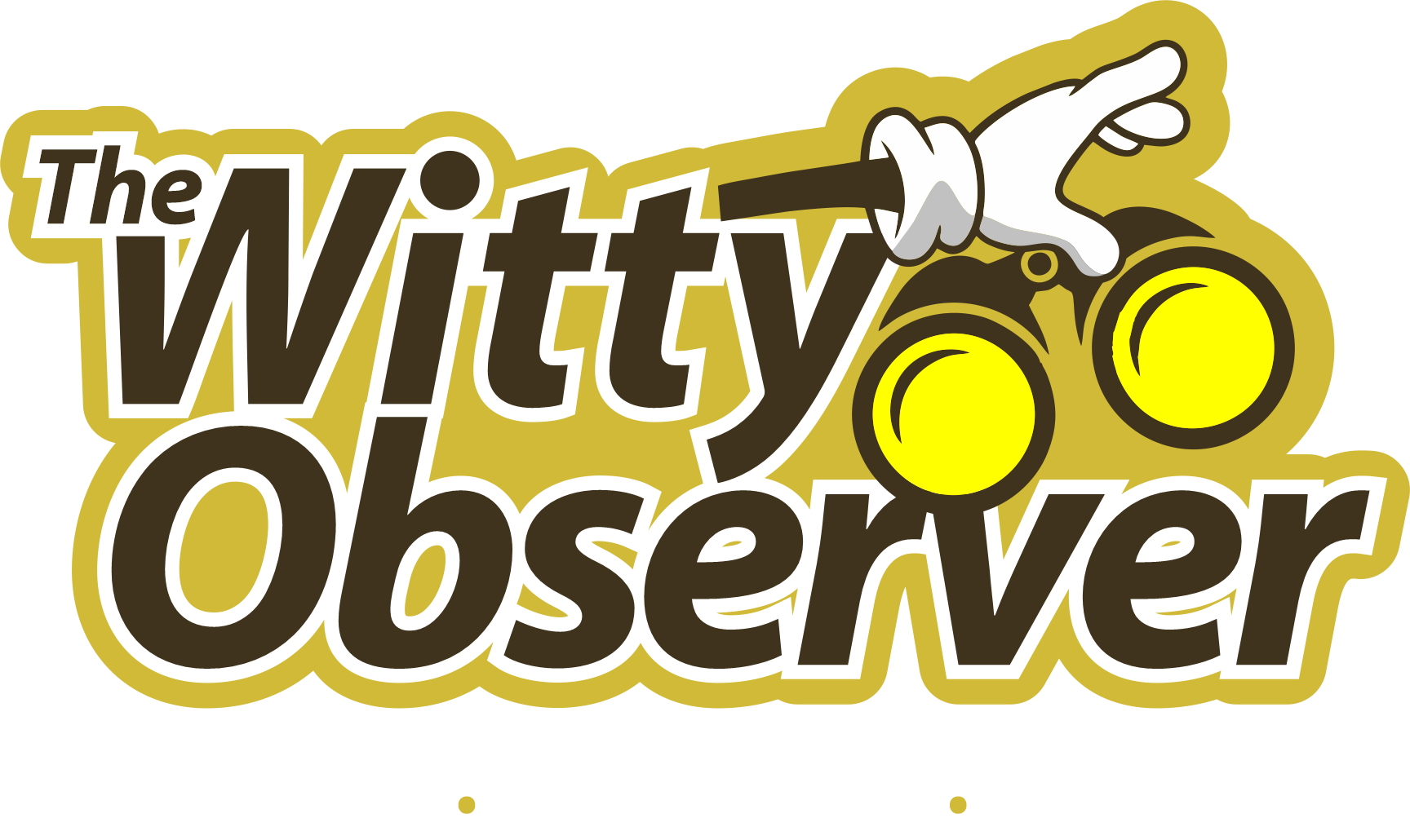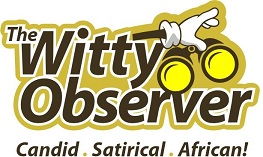Autumn, 27th September 1848.
The New York Daily Herald vividly depicted the ‘Extraordinary Condition of Affairs’ in California’s gold fields, where farmers abandoned ploughs, businessmen closed shops, and ordinary people risked everything for unimaginable wealth.
Today, 176 years later, history repeats itself in Ghana’s Galamsey—illegal gold mining that promises similar riches and curses.
As we journey from the Sierra Nevada to the Pra River, three reincarnated spirits guide us: The Investor (George Hearst), The Official (Thomas Butler King), and The Common Person (John D. Sloat). They iterate their destinies in Ghana’s hills and rivers with higher stakes and dire consequences.
The Golden Lure: Behind every great fortune is a great crime
Just as George Hearst saw an opportunity in California’s hills, today’s Galamsey investors smell sika in Ghana’s soil. These influential individuals splash capital, exploit legal loopholes, and capitalise on local desperation. Their eyes are fixed on profit.
A stupid politician is – Great gain
1848 Thomas Butler King was sent to assess California for the U.S. government. Instead, he found personal opportunity. Like some of Ghana’s Narcoqueens and Godfathers, he hurriedly acquired land. He and his befellows turn a blind eye to Galamsey operations and facilitate paperwork. In many cases, these politicians actively protect illegal miners—all for a cut of the golden pie.
The Common Person’s Dream: Anything for the boys
John D. Sloat left his carpentry apprenticeship for California gold, only to find hardship and disease. Similarly, many Ghanaians abandon farms and classrooms for Galamsey, driven by poverty and the promise of a better life, only to find that the golden dream is a mirage.
The Weekly Standard’s 1849 warning to potential miners rings true today for Galamsey criminals: “The risks of disease, violence, and financial ruin” loom large over the promise of quick wealth.

The Price of Gold: A Legacy of Destruction
When I was younger, Ghana’s rivers were pristine. Now, as I write, they are flowing a sickly orange. Galamsey’s environmental toll mirrors the scars left on the American West but with greater ferocity.
Ghana’s vanishing forests mirror California’s eroded hillsides. Mercury—California’s historical silent killer—now infiltrates Ghana’s ecosystems. The health crisis seems inevitable. A 2021 Environmental Science study revealed Santa Ana’s soil still harbours dangerous levels of lead, arsenic, cadmium, and zinc. The University of California attributes this to an estimated 10-13 million pounds of mercury discharged during the Gold Rush, a grim parallel to Ghana’s impending health crisis.

Like silica dust choked California miners, Ghana’s Galamsey workers inhale their doom. The cramped, unsanitary conditions of mining camps – once breeding grounds for disease in California – find their modern equivalent in the festering pools left by Galamsey operations.
The long-term consequences stretch beyond imagination. Soil erosion threatens to turn Ghana’s agricultural heartland into a barren wasteland. Cocoa farms wither in the shadow of makeshift mining pits. Fueled by rampant deforestation, climate change looms as a final, devastating legacy of this golden folly.
As we contemplate the scars on Ghana’s landscape – scars that may take generations to heal – we must ask: Is this the price we’re willing to pay for our golden dreams?
Economic Mirage: Beyond the Glitter
Galamsey offers fast money but at a staggering long-term cost: it degrades agricultural land, destroys tourism potential, and deprives the state of tax revenues.
The Golden Legacy: Fortunes Forged in California’s Crucible
The California Gold Rush, for all its destruction, did forge lasting fortunes. Consider the legacies of Leland Stanford, John Mackay, and George Hearst – names that still resonate in American business, education, and media. Their success stories of generational wealth are blockbuster Hollywood movies. Yet, we must ask: At what cost were these fortunes built? And can Ghana find a way to harness gold’s promise without paying the same steep price?
Tiger’s Roar: The True Cost of Golden Dreams

Listen Fam. We stand at a crossroads. In our desperate scramble for wealth, we poison the land that sustains us. We cry about the injustices of the past, yet we are demonstrating that the whiteman has never been our problem. We are our problem.
The story from California to Ghana remains the same – a tale of short-term greed trumping long-term wisdom. But I ask you this: What wealth can compensate for the loss of our natural heritage? What good is a feast today if it leaves us starving tomorrow? This is the same shiny metal we traded with Europeans, and they later lured us to sell our cousins and wives. The effects of those decisions are all around us, from Port Au Prince to Khartoum.
As it stands, poverty has the legal right to reign in this tiny gem called Ghana for the rest of the 21st century. True gold is not the metal but the potential in our people, our cultures’ richness, and our lands’ fertility. The real alchemy we need is not turning rock into gold but transforming our mindset from exploitation to stewardship.
The Global Context: Local Actions, World Impacts
Galamsey thrives on global demand for gold, with international buyers often ignoring the consequences. Like California in 1852, Ghana’s gold has lured many, including thousands of Chinese miners today. However, unlike the multicultural boom in California, these new arrivals often spark controversy.
Chink in the Armour: Vulnerability in the Golden Facade
Yet, for all its seeming inevitability, Galamsey has a weak point. It thrives on desperation, corruption, and Narcoqueens and Godfathers with high levels of low IQ. Address these root causes, and the allure of illegal mining begins to fade. We can start to turn the tide by providing real economic opportunities, enforcing environmental regulations, and offering a vision of sustainable development.
Lessons from the Past: Can History Inform the Present?
California’s Gold Rush eventually gave way to more regulated, sustainable industries. Can Ghana learn from this transition? Just as California’s economy diversified beyond gold, Ghana must look to develop sectors that provide employment and growth without destroying its natural resources.
Conclusion: Forging a New Golden Age
Ghana stands at a golden crossroads. Our choices today will shape generations to come.
To investors: Redirect capital to sustainable ventures. To officials: Enforce regulations and pioneer responsible policies. To citizens: Demand accountability and pursue ethical alternatives.
Our true wealth isn’t gold but our people and land. Let’s transform this curse into a blessing. Reclaim our rivers, restore our forests, and build a Ghana that thrives without destroying itself.
The time for action is now. What will you do to rewrite our golden narrative?
Translation
Unlike Galamsey, which is illegal small-scale gold mining, the California Gold Rush was a legal and regulated event. It began in 1848 and was sanctioned by the government. It operated within the legal frameworks of the time, attracting thousands of prospectors worldwide.
“Galamsey” is derived from the phrase “gather them and sell.”
Sika – Money




